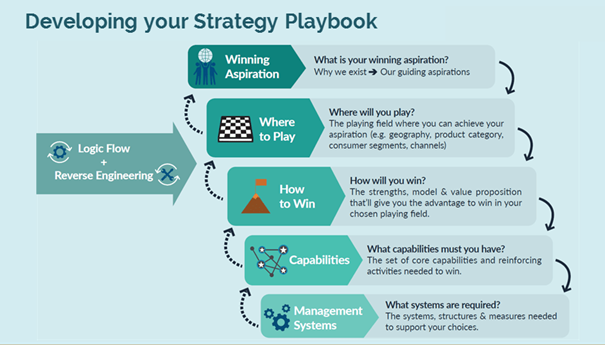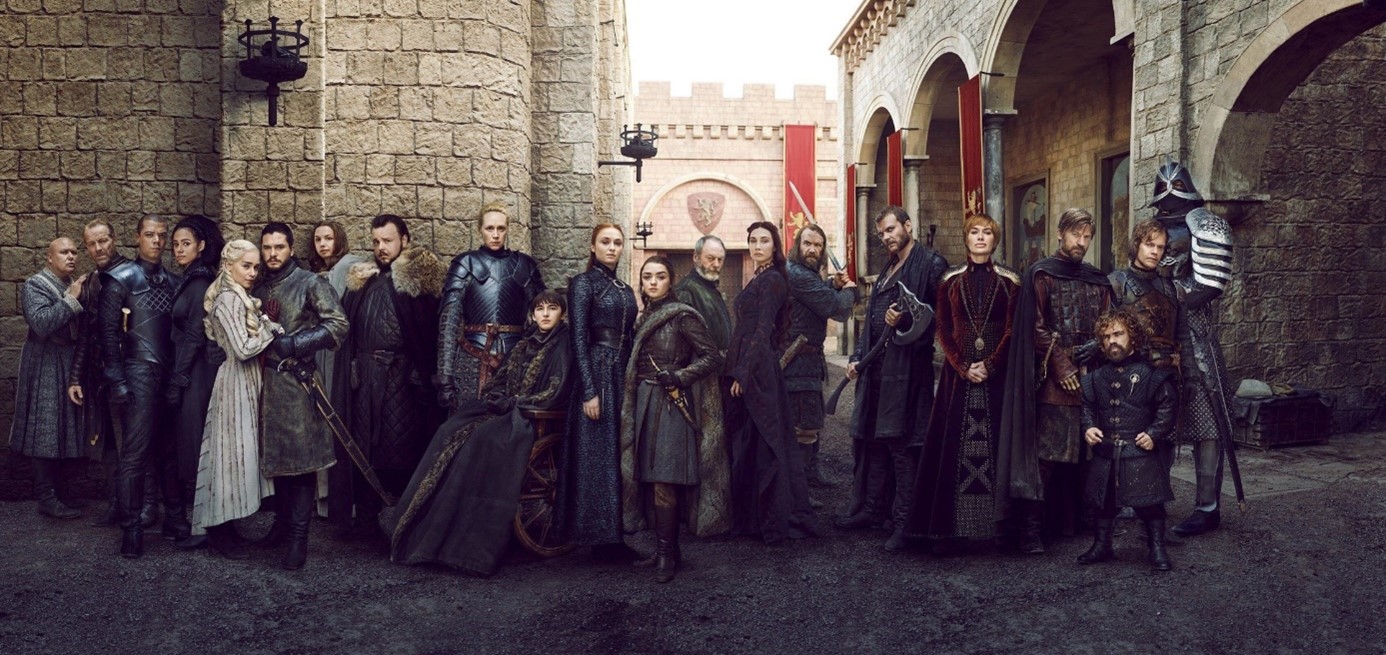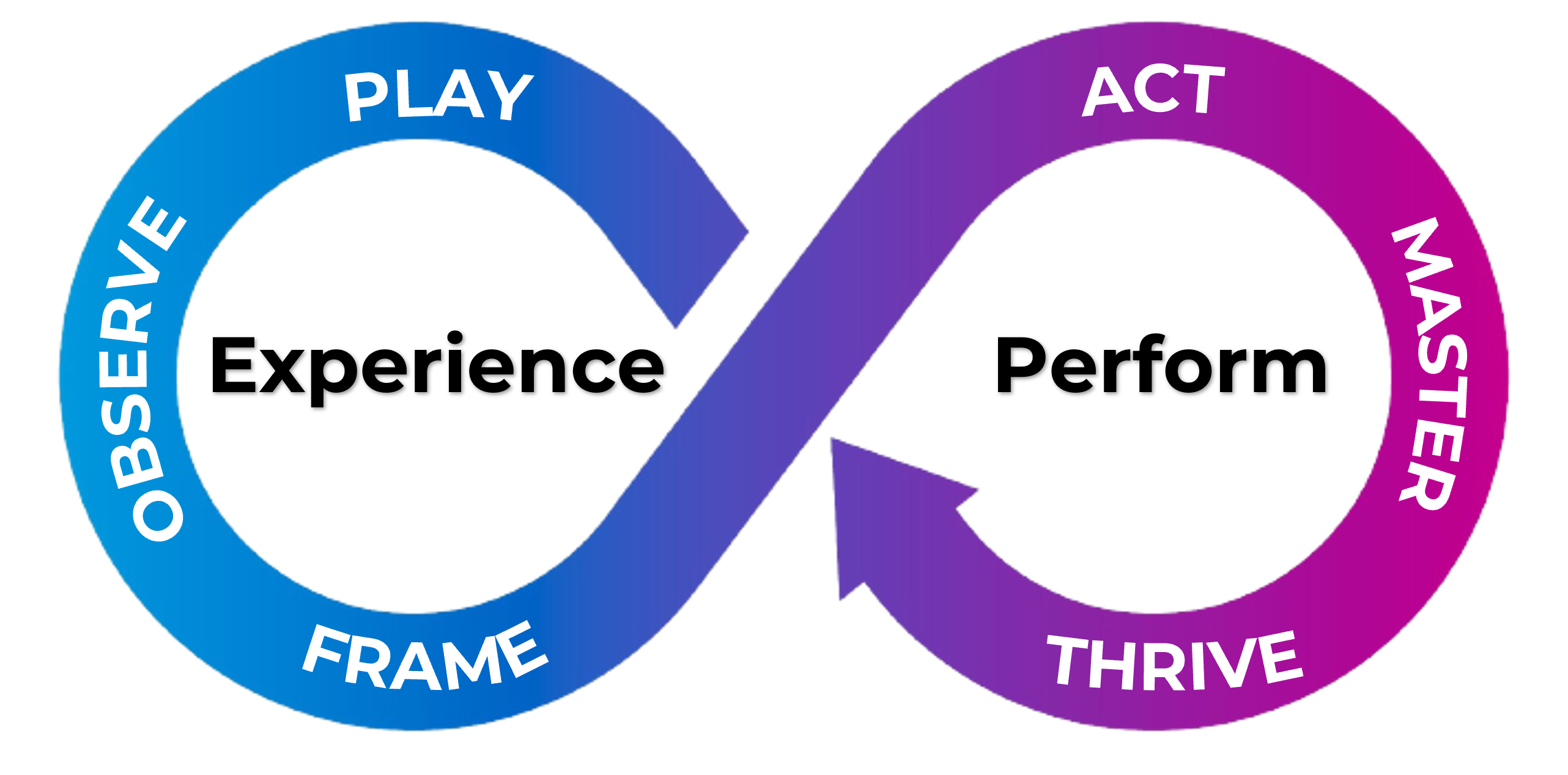Get in touch with us
By Alain Perrot, partner at Value Games
When we study the different theories about business strategy, it is stunning to notice their excluding vision, with which they consider as a base theorem that the market and their competitors use the same theory. In other words, the base hypothesis is that when you are playing chess, it is supposed the opponent will also play chess while respecting chess rules.
This spine’s core is that a strategy must be built starting with the “Why”, then answer sequentially and so-called logic to the “Where, How, and What” questions, with a doctrine to deploy this strategy only once it is perfectly defined. Philosophically, this strategy is inspired by chess in which the “Where to Play” is the equivalent of chess openings: so, the classic Spanish game (e4, e5, Cf3, Cc6, Fb5) brings players towards another game field than the Pirc defense (e4 d6, d4, Cf6, Cc3, g6). That is why, when I was an average chess player, I managed to take a significant advantage by specializing in the Pirc defense, because it is less common than the Spanish one, it destabilizes more quickly the opponent of my level. The ploy had, sadly, no interest when I was facing an opponent superior to me by over 100 ELO points. The business translation means that no matter which “Where to Play”, it is essential today to develop team capabilities as well as in the domaines of efficiency or agility. Time when we could choose between efficiency and agility is way past. In an unpredictable world, it is best to be a decathlete than a hyper-specialist in a single event.
In game theory, we talk about a finite game when players play the same game, following the same rules, and of infinite game when there is a dissymmetry. For example, when a player plays chess while the other plays Go, just like Komatsu that penetrated the US market in 1967 with the “Maru-C” program, which meant “circle Caterpillar”. Indeed, contrary to chess, Go game, that is called “Weigi” in Chinese means literally “Circling Game”. The legend explains that Caterpillar’s president, furious to see Komatsu’s success, has long asked its teams: But what does that Maru-C program mean???”.
During that period, the Prussian war academy has introduced the famous Kriegspiels (war games’ ancestors), not to entertain the officers, but to execute the coupling principle between theory and practice. Indeed, war being unpredictable by nature, the Kriegspiels’ objective was to teach the Prussian officers to improve their predictability of their opponents, because predictability (Berechenbarkeit in German), under Kant’s influence, is at the heart of German culture.
The French army was, on paper, stronger than the German one in 1914 and in 1939, it is through its doctrine that the German army has defeated the French army at the beginning of both world wars.
In the current VUCA world, in matters of pure strategy, I think it is imperative to get inspiration by the German military doctrine from this era by considering its three principles, thus by systemizing war games in order to create strategy in a collective and dynamic way, rather than being static and limited to the hierarchy. This is what I call Strategy Game. The strategy is truly the art or science of making an army go forward; what matters is not what the officers think in their offices, but what the ground soldiers execute in an efficient and agile manner.
Thus, when we study the disaster of the Chemin des dames battle, it is stunning to see the absolute incoherence between the surgical plan of the officers that included moves from each squadron to the nearest yard, and the reality on the ground, where you just have to go to the battlefield to see that the plan was requesting for a beardy man loaded with 66 pounds gear to climb running uphill a 100-yard hill under the fire of German machine guns waiting for them on top of the hill, hidden in cavities, which are called “creutes” there.
Wonderful counter-example of a basic principle of the operational strategy :
It is best to be about righ than precisely wrong
In practical terms, to put in place a Strategy Game within a company, it is unnecessary to model its exact parameters, because the anchor point we are looking for is in fact the collective integration of the 3 principles from the German doctrine, not to know if it is more strategic to increase advertising by 20% or 30%.
For that purpose, our Value Race war game is enough to create a revelation among the teams about a new way to learn strategies in a VUCA world.
As in any business game, the most important is not the game itself, but the learning curve followed by the game, according to an Exponential Learning model.
Strategy Game is thus only the modernization of the German doctrine that gives even more importance to the game, because game science has progressed a lot since Carl von Clausewitz, who inspired this doctrine, as I explained in The Machine That Will Change the World.
This quote from the author of the essential “On war”:
The greatest enemy of a good plan is the dream of a perfect plan







